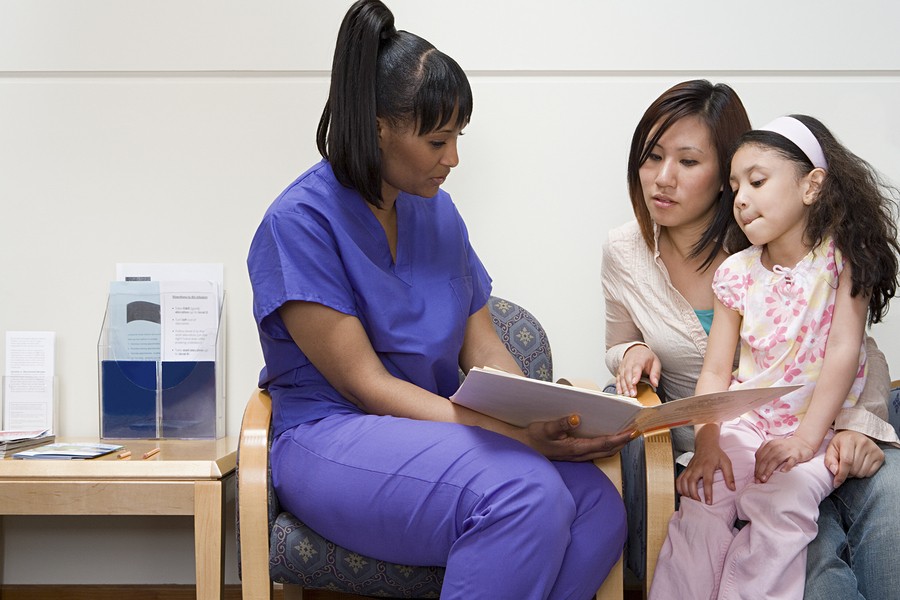Eating vegetables and fruit are key to a healthy, cancer-protective diet, yet few Americans meet the daily serving recommendations, with low-income consumers finding it especially difficult. But a recent study demonstrated how a brief discussion combined with a $10 voucher incentive could modestly boost families’ vegetable and fruit consumption.
Even a modest improvement in diet is important for cancer and other chronic disease prevention. Independent studies have shown people can live longer and lower their risk for breast and prostate cancers when following more of AICR’s recommendations, including a plant-based diet.
 The study took place in a waiting room of family medicine and pediatrics clinic. Researchers had identified about 300 qualified participants for a short discussion. They described a special program to encourage produce purchases at Farmer’s Markets through SNAP (Supplemental Nutrition Assistance Program), provided maps of local markets and hours, a list of FAQs and a one time $10 voucher to purchase fruits and vegetables at a farmers market.
The study took place in a waiting room of family medicine and pediatrics clinic. Researchers had identified about 300 qualified participants for a short discussion. They described a special program to encourage produce purchases at Farmer’s Markets through SNAP (Supplemental Nutrition Assistance Program), provided maps of local markets and hours, a list of FAQs and a one time $10 voucher to purchase fruits and vegetables at a farmers market.
Researchers then did phone follow-ups with participants at 3 and 5 months. Participants reported eating about a 2/3 serving more of fruits and vegetables per day. The change stuck even 2 months after the farmer’s markets closed and was mostly among those eating the least at the beginning.
Although this study is small and has some limitations, it could be a promising model for how health educators can help clients boost healthy diets with less expensive programs.
And you might consider how taking small steps can help improve your diet. Start with a modest goal, like swapping out a less healthy snack like chips, for 1/2 cup of any vegetable or fruit. Check for sales or specials of fresh or frozen vegetables or fruit (that you enjoy) and put those in your shopping cart. Keep a daily checklist on your fridge door and check off every day you make the swap.
These little changes add up to big benefits in health. If you’re ready to make changes for lower cancer risk by eating healthier, moving more and losing weight, sign up for our free 12 week program, New American Plate Challenge.





